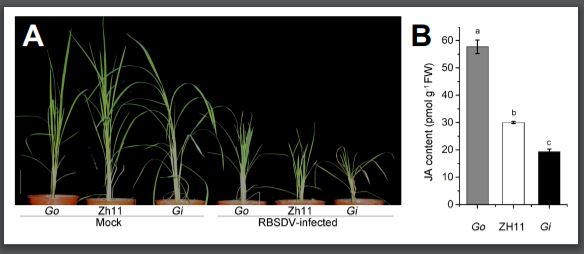
OsGSK2 integrates jasmonic acid and brassinosteroid signalling in rice
Blog, Research, The Plant Cell, The Plant Cell: In BriefPlant defenses against herbivore or pathogen attack involve the coordination of multiple hormone-mediated signalling networks, including the jasmonate (JA) and brassinosteroid (BR) pathways. Jasmonate is an oxylipin phytohormone that triggers the transcription of defence-related proteins and secondary…
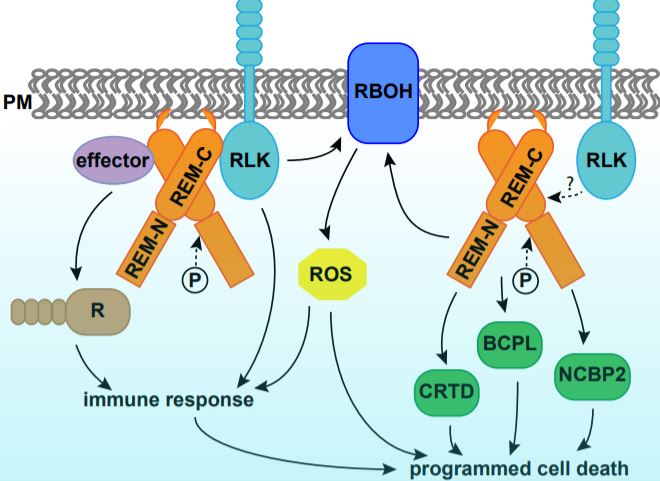
Remorins: essential regulators in plant–microbe interaction and cell death induction
Blog, Plant Physiology, Plant Physiology: News and Views, ResearchProgrammed cell death (PCD) is a genetically controlled process triggered by developmental or environmental cues. Plant–microbe interactions often lead to PCD in plant host cells, triggered by the hypersensitive response. Plants may recognize microbes through receptor-like kinases in the plasma membrane,…

NLR-Annotator: a tool for de novo annotation of intracellular immune receptor repertoire
Plant Physiology, Plant Physiology: News and Views, ResearchWei Zhang
ORCID: 0000-0002-5092-643X
Department of Plant Pathology, Kansas State University, 1712 Claflin Road, Throckmorton Hall, Manhattan, KS, 66506, USA
[email protected]
Nucleotide-binding domain leucine-rich repeat (NLR) proteins serve as intracellular immune receptors in plants to…

Comparing genomes of diverse plants reveals new candidate genetic components for plant disease resistance
Research, The Plant Cell, The Plant Cell: In a NutshellBaggs et al. look for key immune genes bases on their presence/absence patterns in different plant species. The Plant Cell https://doi.org/10.1105/tpc.19.00903
by Erin Baggs, University of California, Berkeley, USA
Ruby O’Grady, The John Innes Centre and The Sainsbury Laboratory, Norwich, UK…
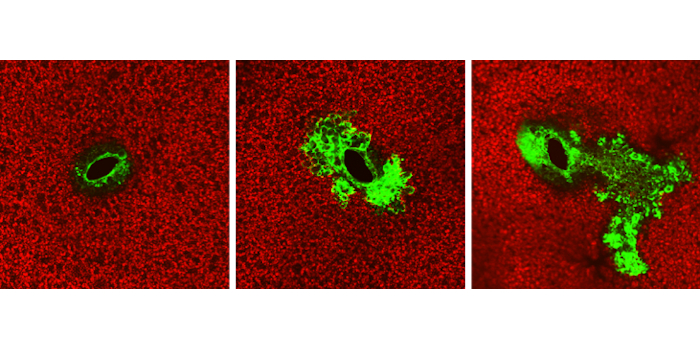
Taking Down Plant Communication Channels to Invade
Research, The Plant Cell, The Plant Cell: In a NutshellAung et al. reveal that pathogenic bacteria target plant plasmodesmata to colonize and invade surrounding tissues.
Plant Cell https://doi.org/10.1105/tpc.19.00707
By Kyaw Aung and Sheng Yang He
Background: Multicellular organisms like animals and plants host a multitude of microorganisms.…

A Maize Mutant Modifier Links Development and Defense
Research, The Plant Cell, The Plant Cell: In a NutshellAnderson et al. identify a second site modifier that rescues a maize developmental mutant and report that it encodes a homolog of Arabidopsis ENHANCED DISEASE RESISTANCE4, providing insight into the integration of developmental control and immune responses. Plant Cell https://doi.org/10.1105/tpc.18.00840
By…
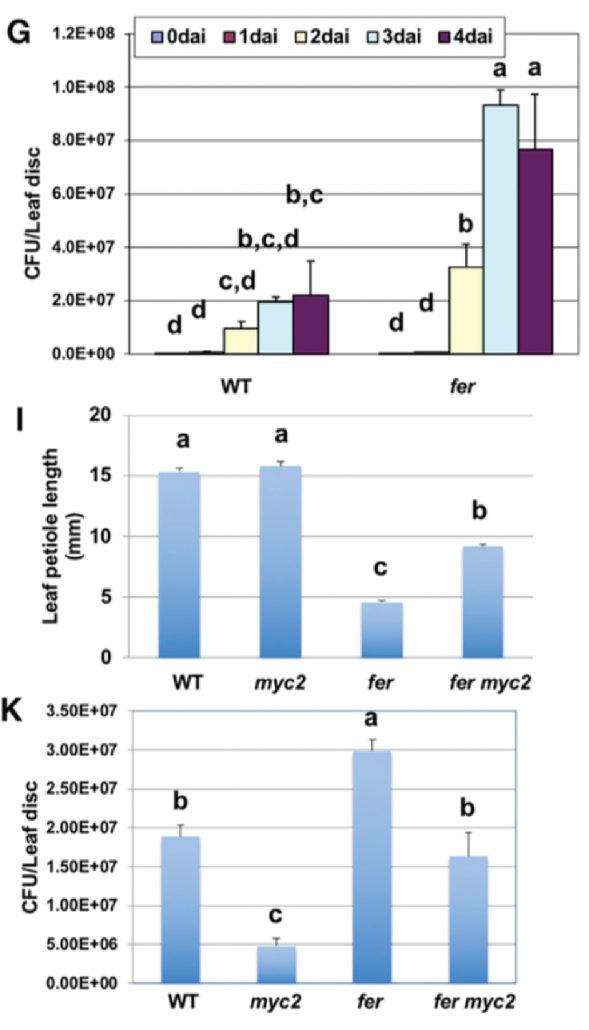
FERONIA receptor kinase contributes to plant immunity by suppressing jasmonic acid signaling in Arabidopsis thaliana (Curr. Biol. - $)
Plant Science Research WeeklyReceptor-like kinase FERONIA plays important role in the regulation of plant growth as well as interactions with the environment. In order to understand how FER affects plant growth Guo et al. examined global transcriptome changes in fer mutant. The authors observed that genes up-regulated by stress…
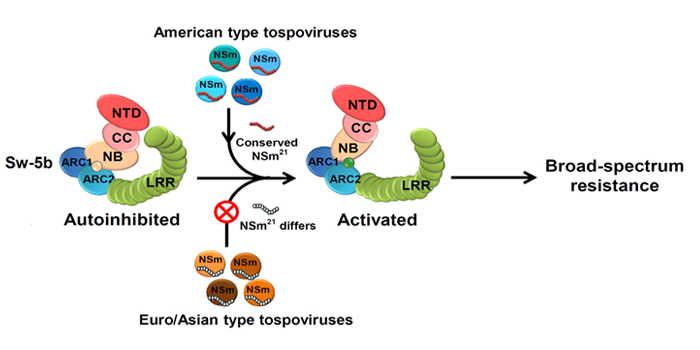
Broad-Spectrum Disease Resistance in Tomato
Research, The Plant Cell, The Plant Cell: In a NutshellBroad-Spectrum Disease Resistance in Tomato
Zhu et al. examine how a plant receptor protein confers broad-spectrum resistance to various tospovirus pathogens https://doi.org/10.1105/tpc.17.00180
By Min Zhu, Savithramma P. Dinesh-Kumar, and Xiaorong Tao
Background: Highly evolved microbes cause…
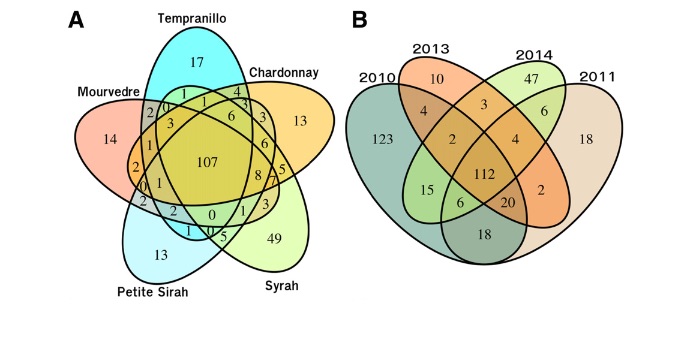
Microbial landscape of the grapevine endosphere in the context of Pierce’s disease
Blog, Plant Science Research Weekly, Research, Research BlogIn vascular plants, structure and composition of microbial endosphere associations has not been studied much in the specific context of vascular diseases. This is the case of Pierce's disease which is caused by Xylella fastidiosa and affects multiple crops and ornamental plants. This bacterium is currently…

